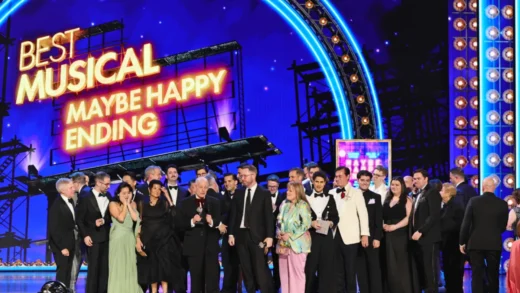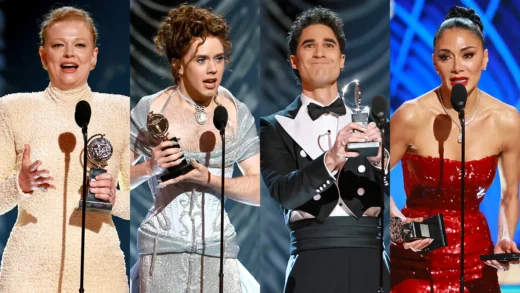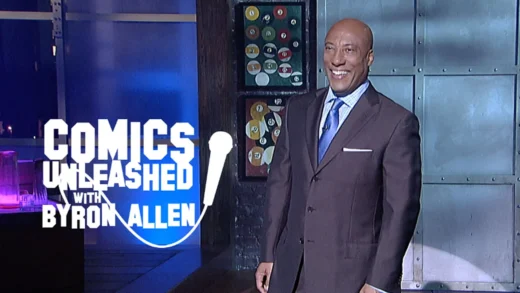[nextpage]
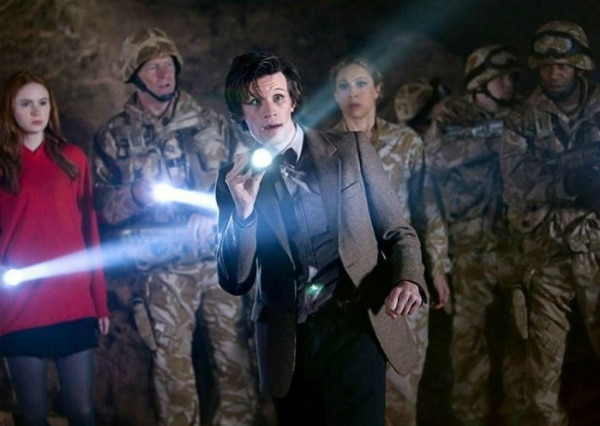
In the second half of 2009, two films about South Africa and Apartheid hit theaters: “Invictus” and “District 9.” The former was a biopic about the first post-Apartheid Rugby World Cup and the latter told of extraterrestrial refugees in camps in modern-day South Africa. “Invictus” took a soft-lens approach, focusing on an uplifting, unifying moment rather than the years of South African disgrace. But “District 9,” shielded by otherworldly unreality, could dig deep into the most appalling parts of a nation’s worst era.
The best sci-fi can use the cover of space, unrealized tech, or the future to tell the stories about ourselves we’re afraid to hear, and because of that, it’s often one of the best ways to understand an era. In 1961, Rod Serling’s TV show “The Twilight Zone” showed network viewers what happens to our ability to be civil in the face of nuclear fallout. By 1966, Gene Roddenberry was using “Star Trek” to explore how a nation can be a force for good without becoming imperialist. And by the 1990s, Chris Carter’s “The X-Files” was much more concerned with our own government’s overreach within the nation. These days, sci-fi asks and asks again, what will technology bring to our society?
Incredibly, Roddenberry’s “Star Trek,” like many on this list, was unsuccessful at the time, but clearly “Star Trek” built an army of devoted fans over time. These 50 shows rarely broke rating records, but those that loved them, loved them intensely — as evidenced by cosplay, conventions, letter-writing campaigns, and the mobs hounding McDonald’s for Szechuan sauce. These shows told stories about the future with vision, ambition, and many times, humor. Let’s boldly go from #50 to #1.
[the_ad id=”2656″][/nextpage][nextpage]
#50. The Expanse
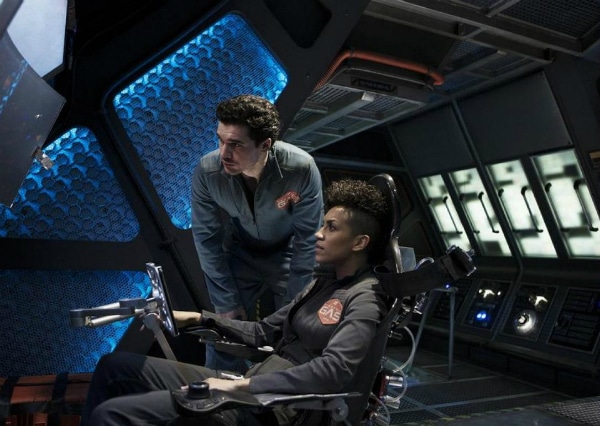
IMDb score: 8.3
IMDb votes: 52,222
Rating: TV-14
Years on the air: 2015–Present
Based on the books by James S. A. Corey — the pen name for the writing duo Daniel Abraham and Ty Franck — “The Expanse” tells the story of a future in which dueling factions of humans on Earth and Mars battle for the rights to an evermore-limited resource: water. The first three seasons of the series played on SyFy with Thomas Jane (“Boogie Nights,” “The Punisher”) plays a noirish, hard-nosed detective looking into a missing girl and a vast conspiracy. Just last week, Amazon Studios was rumored to be stepping in to revive the series for a fourth season.
[the_ad id=”7641″]
[/nextpage][nextpage]
#49. Star Trek
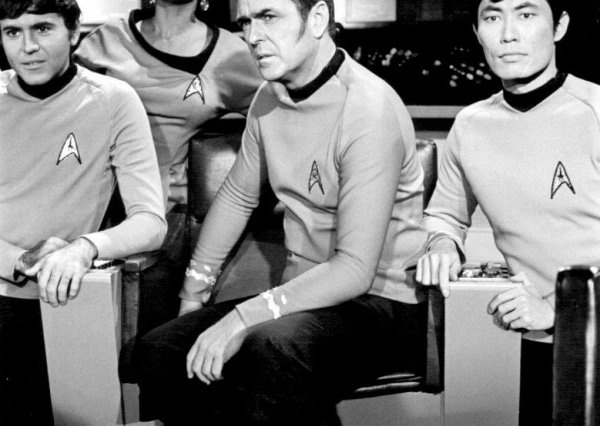
IMDb score: 8.3
IMDb votes: 61,686
Rating: TV-PG
Years on the air: 1966–1969
Truly the granddaddy of them all, Gene Roddenberry’s “Star Trek” is sci-fi that’d be hard to fathom in 2018. This was 1960s utopian fiction: an integrated spaceship, committed to equality and the common good, traveling the galaxy as a sign of how the world could be if liberalism won the day. The original “Star Trek” starred William Shatner as Captain James T. Kirk, Leonard Nimoy as Spock, and George Takei as Hikaru Sulu, and though it had low ratings and was canceled after three seasons, the series launched 13 films and six spinoffs. It continues to be one of the most influential pieces of television in history.
[the_ad id=”2656″]
[/nextpage][nextpage]
#48. Misfits

IMDb score: 8.3
IMDb votes: 82,507
Rating: TV-MA
Years on the air: 2009–2013
This British series follows five troubled youths who acquire supernatural powers while caught in an otherworldly thunderstorm during their community service hours. What could’ve been a cheesy teen superhero story is instead dark and hilarious all at once. Iwan Rheon, who plays Simon Bellamy—one of the delinquents who gains the ability to become invisible—went on to portray the wonderfully terrifying Ramsay Bolton on “Game of Thrones.”
[the_ad id=”2656″]
[/nextpage][nextpage]
#47. Orphan Black
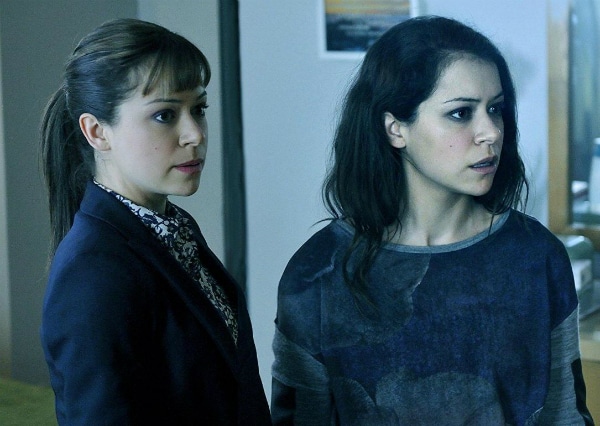
IMDb score: 8.3
IMDb votes: 87,175
Rating: TV-MA
Years on the air: 2013–2017
This Canadian series, which ran in the United States on BBC America, stars the incredible Tatiana Maslany in multiple roles. The show opens with a con artist witnessing the suicide of her doppelgänger and inhabiting her identity, which ultimately leads the con artist to come face to face with many other doppelgängers and she begins to understand her dark history. Maslany wasn’t nominated for an Emmy for the first two seasons, much to the outspoken chagrin of fans and critics alike, but was nominated for Season three, and finally won for her many outstanding performances in Season four.
[the_ad id=”7641″]
[/nextpage][nextpage]
#46. Invader ZIM
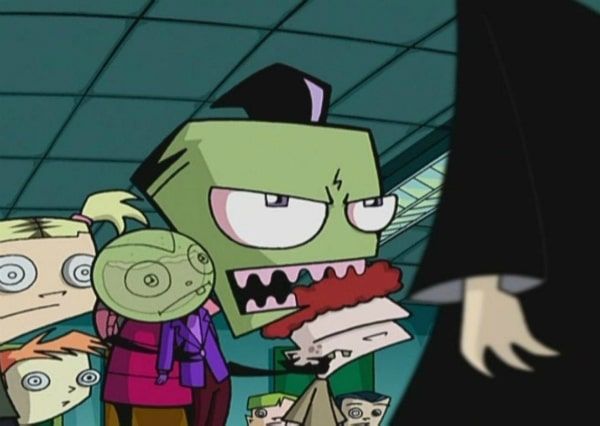
IMDb score: 8.4
IMDb votes: 17,034
Rating: TV-Y
Years on the air: 2001–2004
This Nickelodeon animated series follows an alien bent on a quixotic and doomed mission to take over Earth and enslave humanity. The series, which was aimed at Nickelodeon’s older demographic of 11 to 15-year-olds, lasted only two seasons, but was critically acclaimed — so much so that Nickelodeon announced that a new “Invader Zim” special will appear in its 2018–19 programming. “Invader Zim” was created by Jhonen Vasquez, who is best known for the alternative comic book series “Johnny the Homicidal Maniac.”
[the_ad id=”2656″]
[/nextpage][nextpage]
#45. Life on Mars
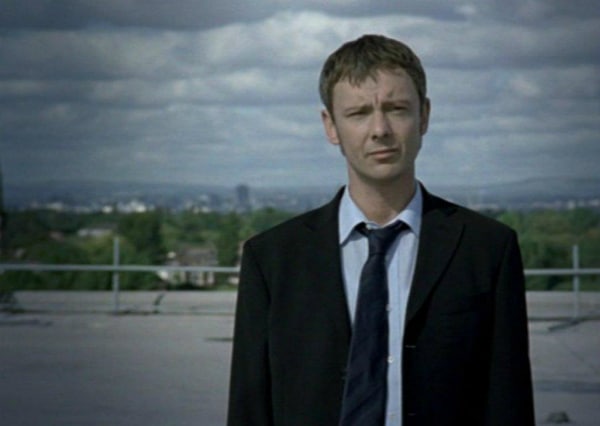
IMDb score: 8.4
IMDb votes: 26,040
Rating: TV-14
Years on the air: 2006–2007
This British series tells the story of Manchester police officer Sam Tyler, played by John Simm, who is hit by a car in 2006 and wakes up as a cop in 1973. Throughout the show, we see Tyler try to grasp his new reality while the series does a great job keeping its own reality ambiguous: is Tyler dead, in a coma, or actually a time-traveler? Simm was nominated for a British Academy of Film and Television Arts Awards for his performance, and the show was adapted for American television by ABC, but only lasted one season.
(Excerpt) Read More at: Stacker.com
[the_ad id=”7641″]
[/nextpage]


